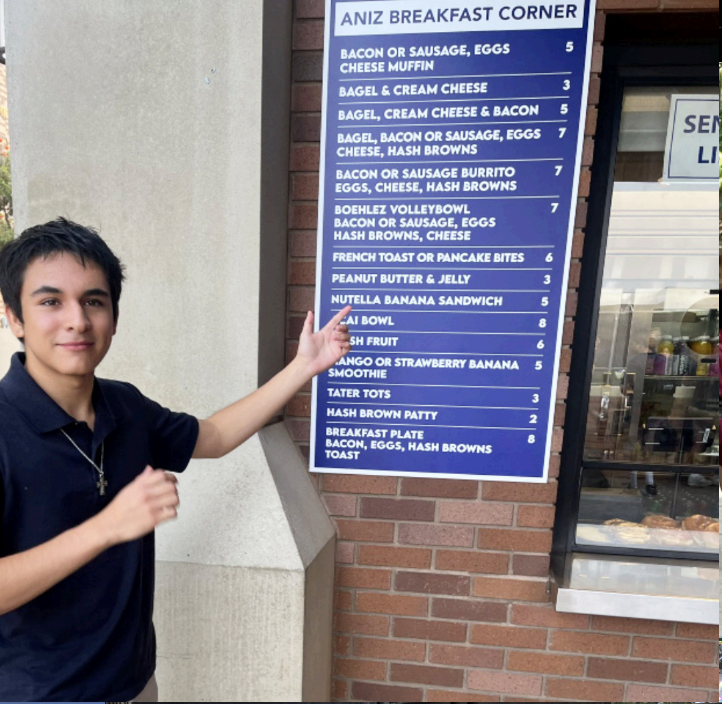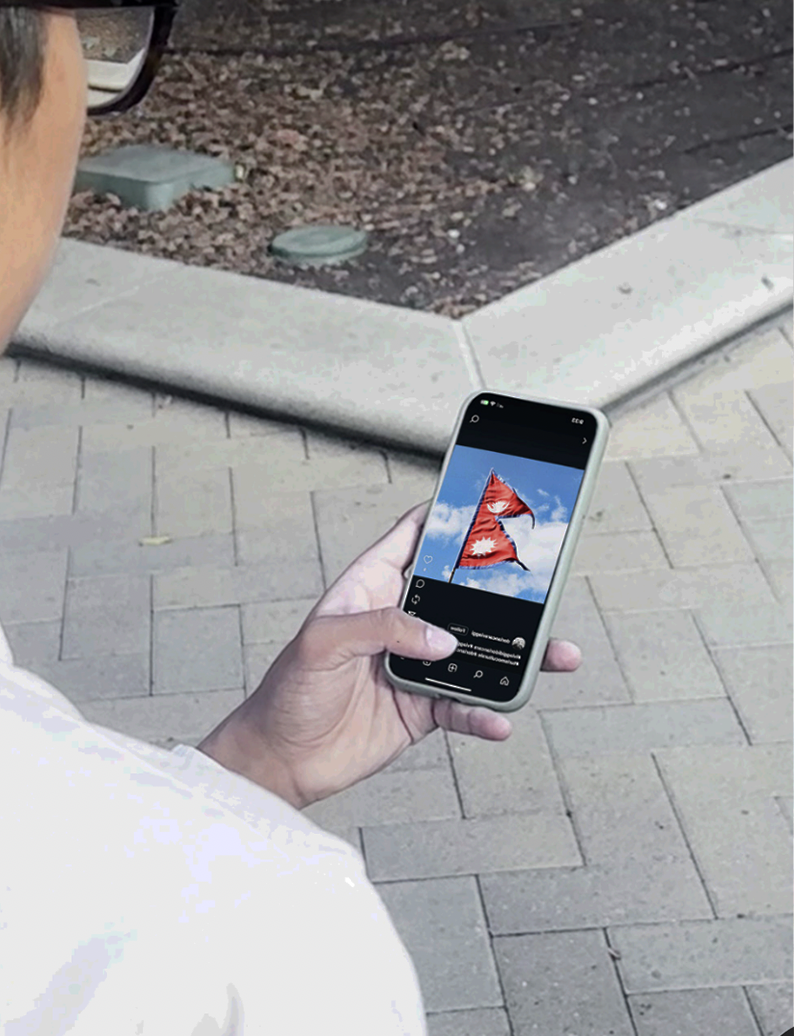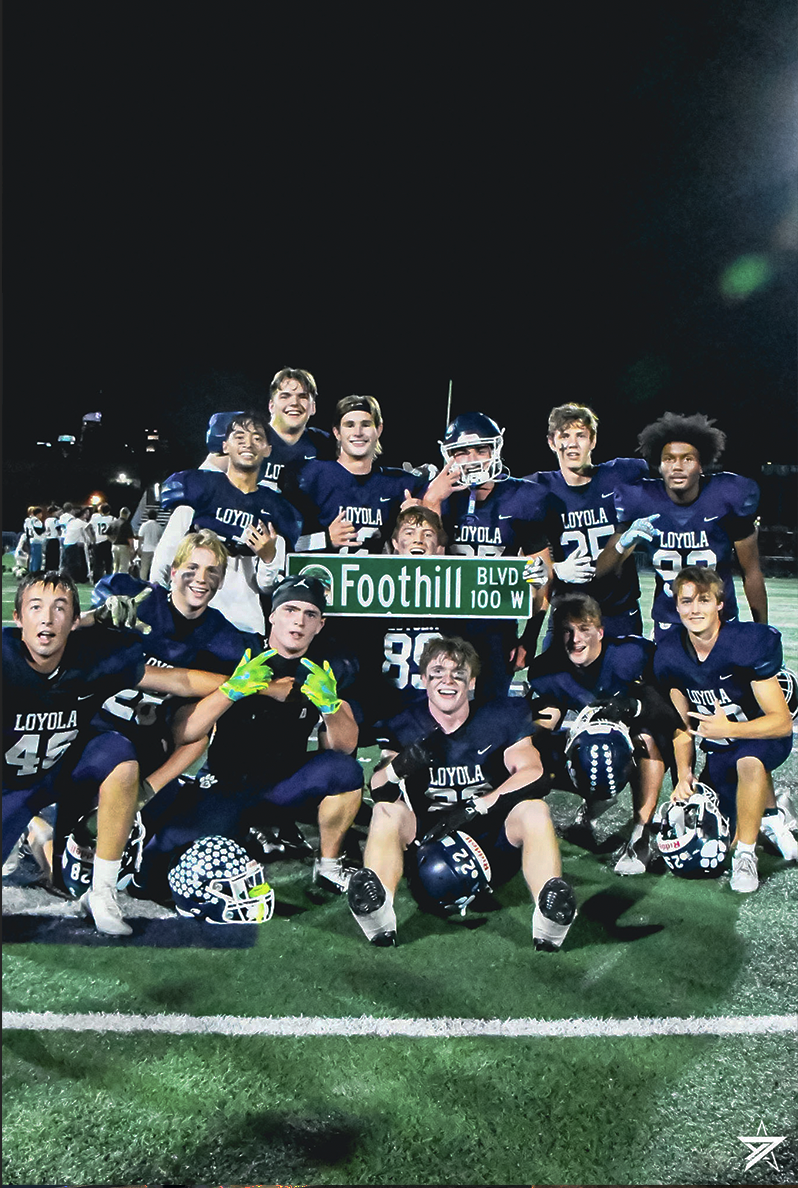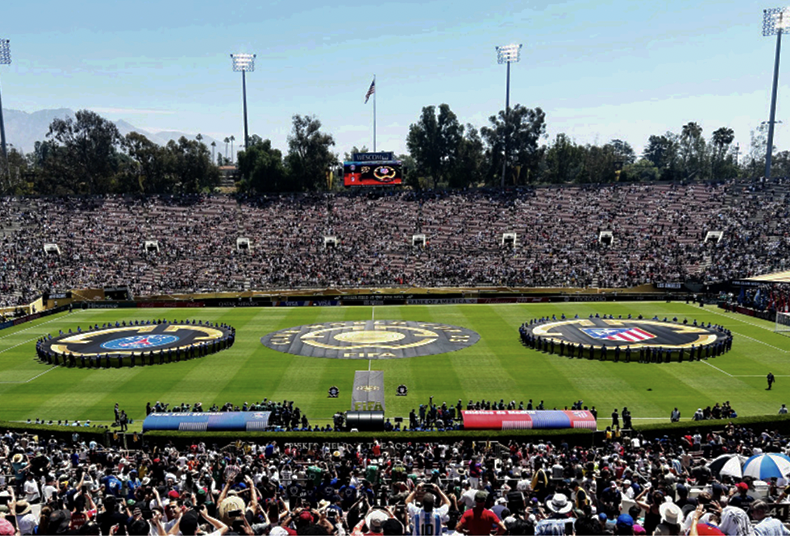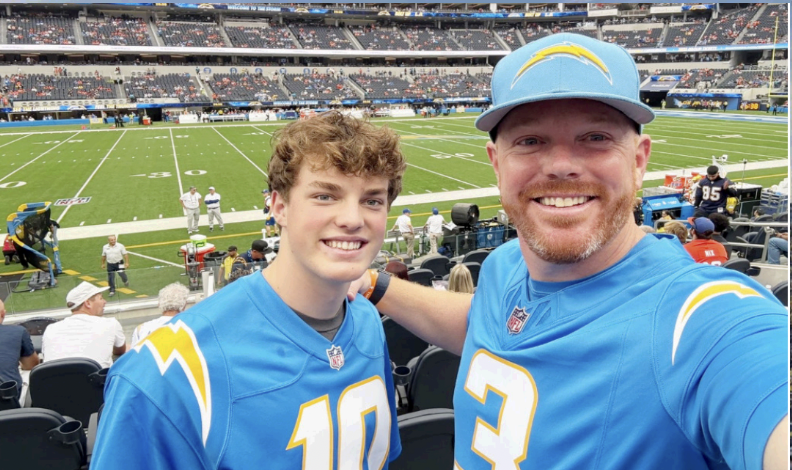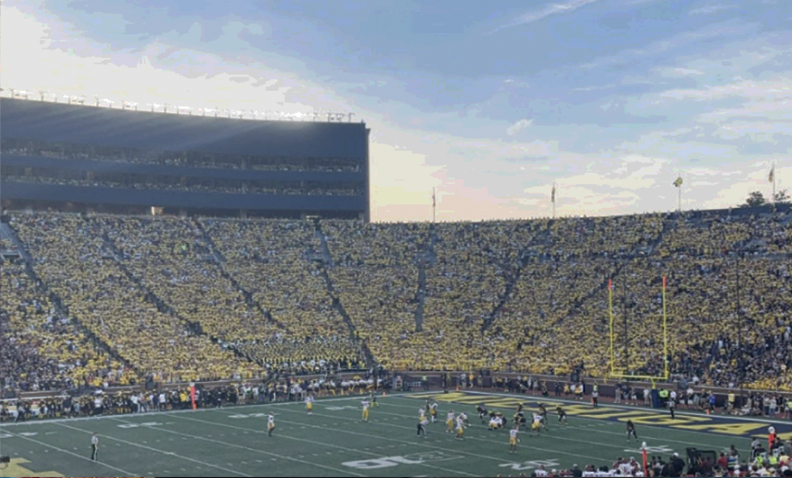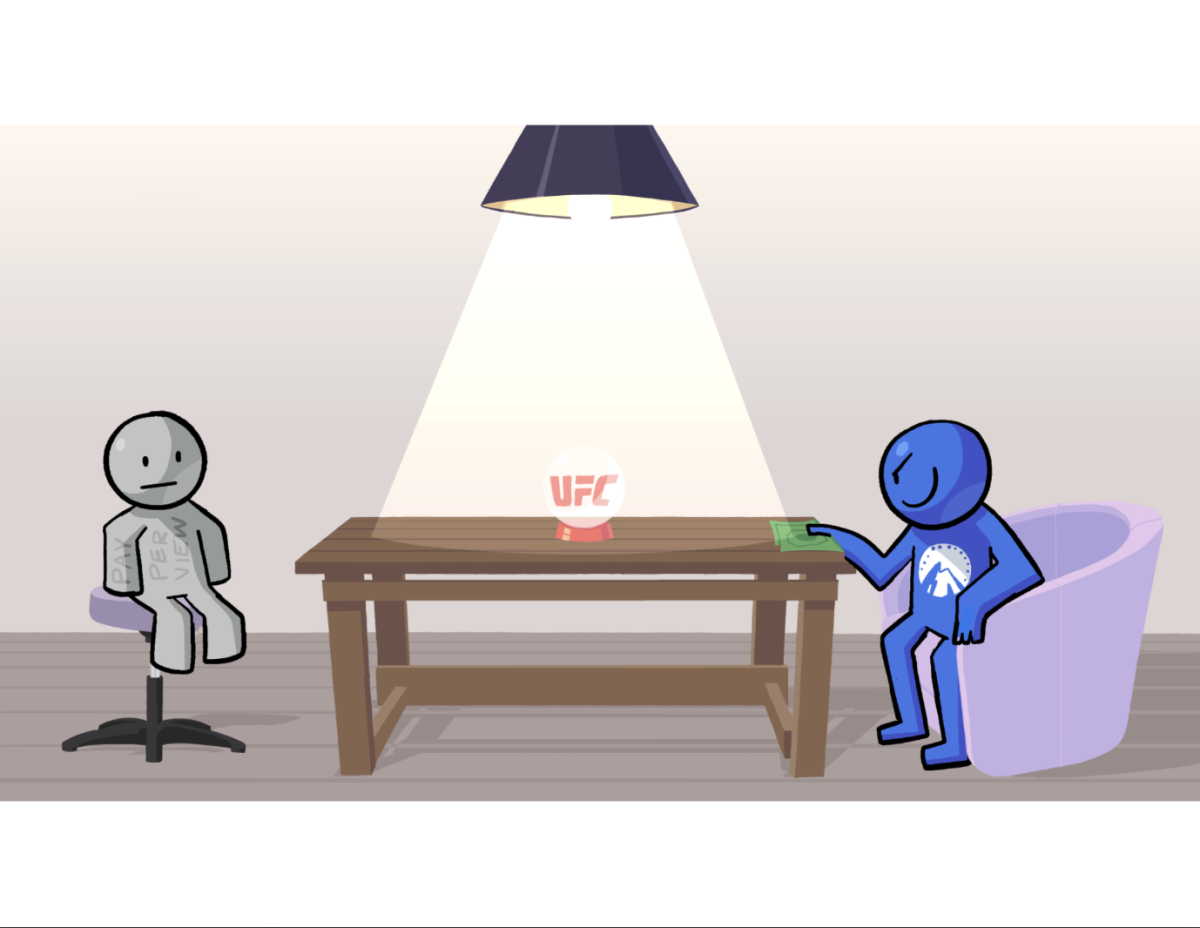When did American Eagle jeans become a dog whistle for white supremacy and eugenics?
The clothing company has been the center of attention in debates over consumerism, sexuality, and race following the drop of a bombshell advertisement campaign. The campaign in question features movie star Sydney Sweeney decked out in AE denim, boasting her blue jeans, and ironically attempting to persuade the viewer that she is not marketing the brand. The advertisement’s bold slogan, “Sydney Sweeney has great jeans”, has sparked controversy, with many pointing out that the statement can be interpreted as a racist dog whistle, with Sweeney not only showing off her attire but also her distinctively Aryan features.
The effect is best demonstrated by conservatives deeming the campaign a blow to contemporary “woke identity politics” and embracing its racial undertones.
Despite this overwhelming support, counterforce is equally strong. Following the AE campaign, GAP clothing dropped a new advertisement in collaboration with KATSEYE featuring the clothing line’s denim items. However, similarities end there as the international girl group creates a stark contrast between the blond-haired, blue-eyed Sweeney.
Comparison has been naturally thrust upon the pair of advertisements, spurring debate across social media platforms. By creating widespread social dialogue, both GAP and American Eagle have achieved a significant share of media relevance. Despite a polarizing reception, both critics and proponents agree that the campaign was successful at generating attention.
AP Economics teacher Brian Held ’93 says, “From an advertising point of view, it was getting them attention. It was getting them eyeballs. [American Eagle] is in every major newspaper, which then bolsters the impact of the advertising dollar that they were spending. In some sense, they’re getting free advertising by the fact that it created controversy.”
However, the company’s actual financial metrics indicate the consequences are mixed. While the company’s share value has jumped to new heights and is predicted to make further gains, stores have seen almost a ten percent drop in foot traffic following the release of the advertisement campaign. This may be a consequence of deterring once loyal female shoppers, the brand’s core customer base, as reported in their 2024 annual report.
Counselor Ryanne Martucci asks, “[Is American Eagle] selling me jeans or are [they] selling men, women who wear those jeans?” demonstrating the sentiment held by many female shoppers.
The consequences of backlash on American Eagle’s brick-and-mortar engagement may demonstrate to companies how economic turbulence closely follows public controversy.
However, as AP Language Teacher Thomas Marsh comments, “Calvin Klein ran an advertisement with Brooke Shields in the 1980s that was regarded as sexually controversial – and that ad is now iconic.”
Given this, consumers can expect that this norm will persist; marketing strategists will continue to play their hands towards producing cultural relevancy, knowing the house always wins.





















